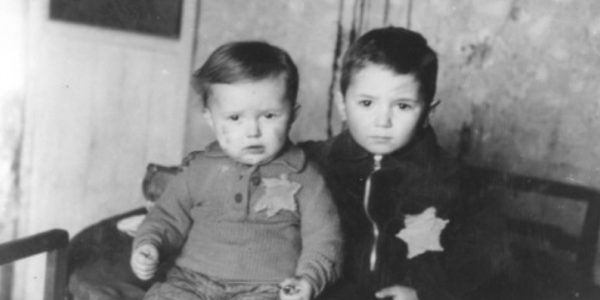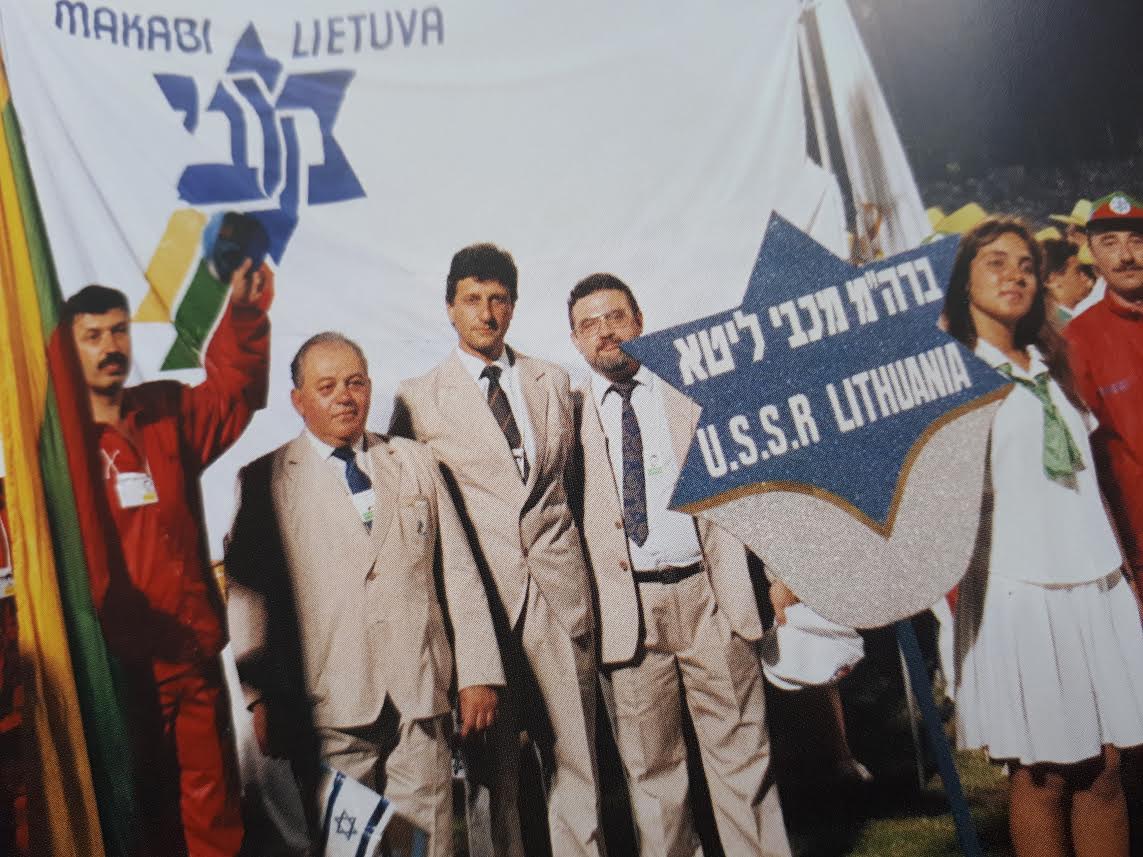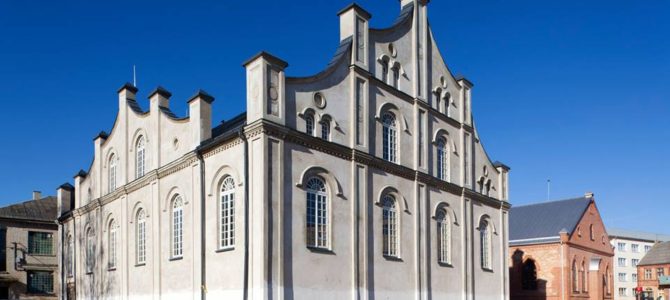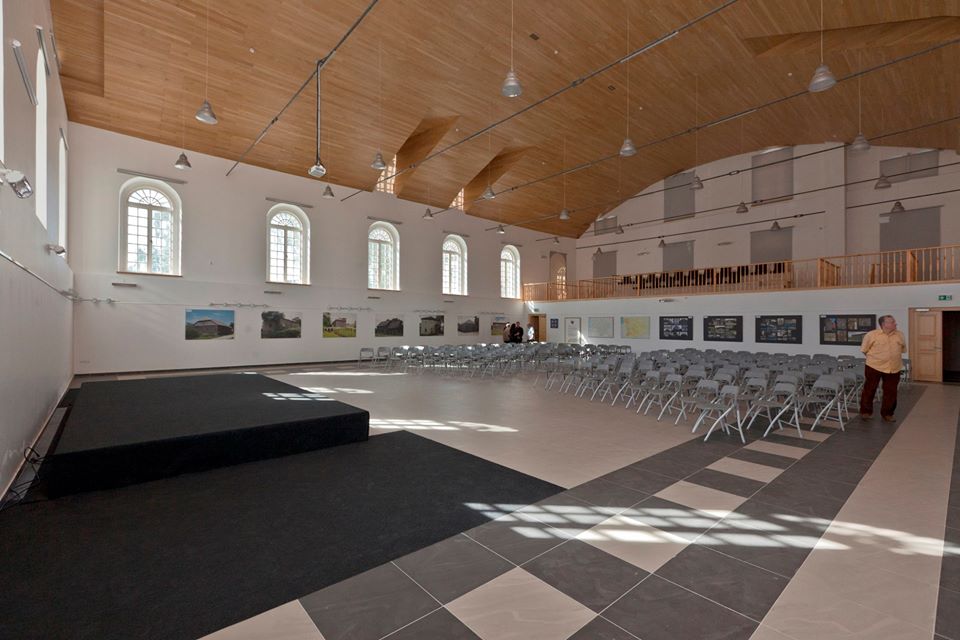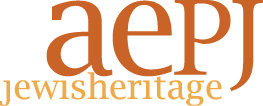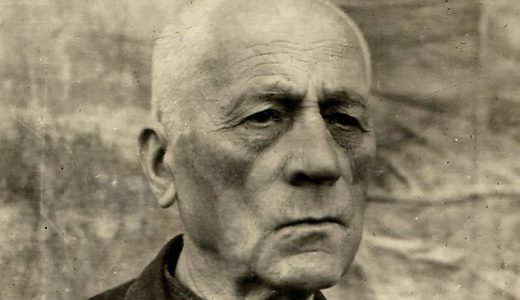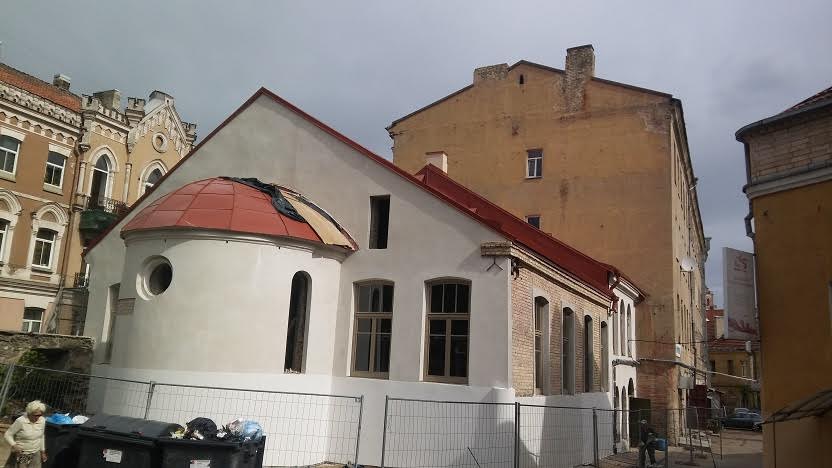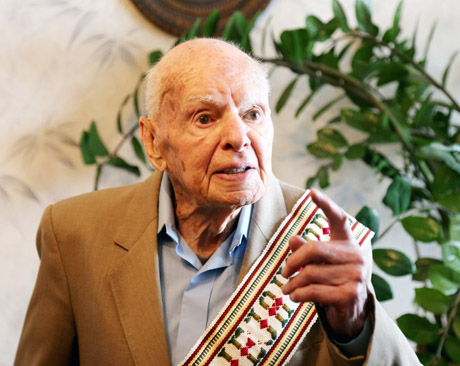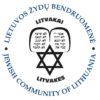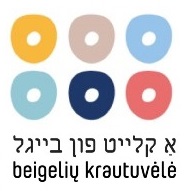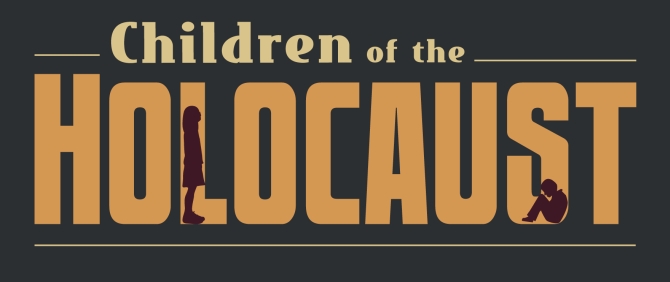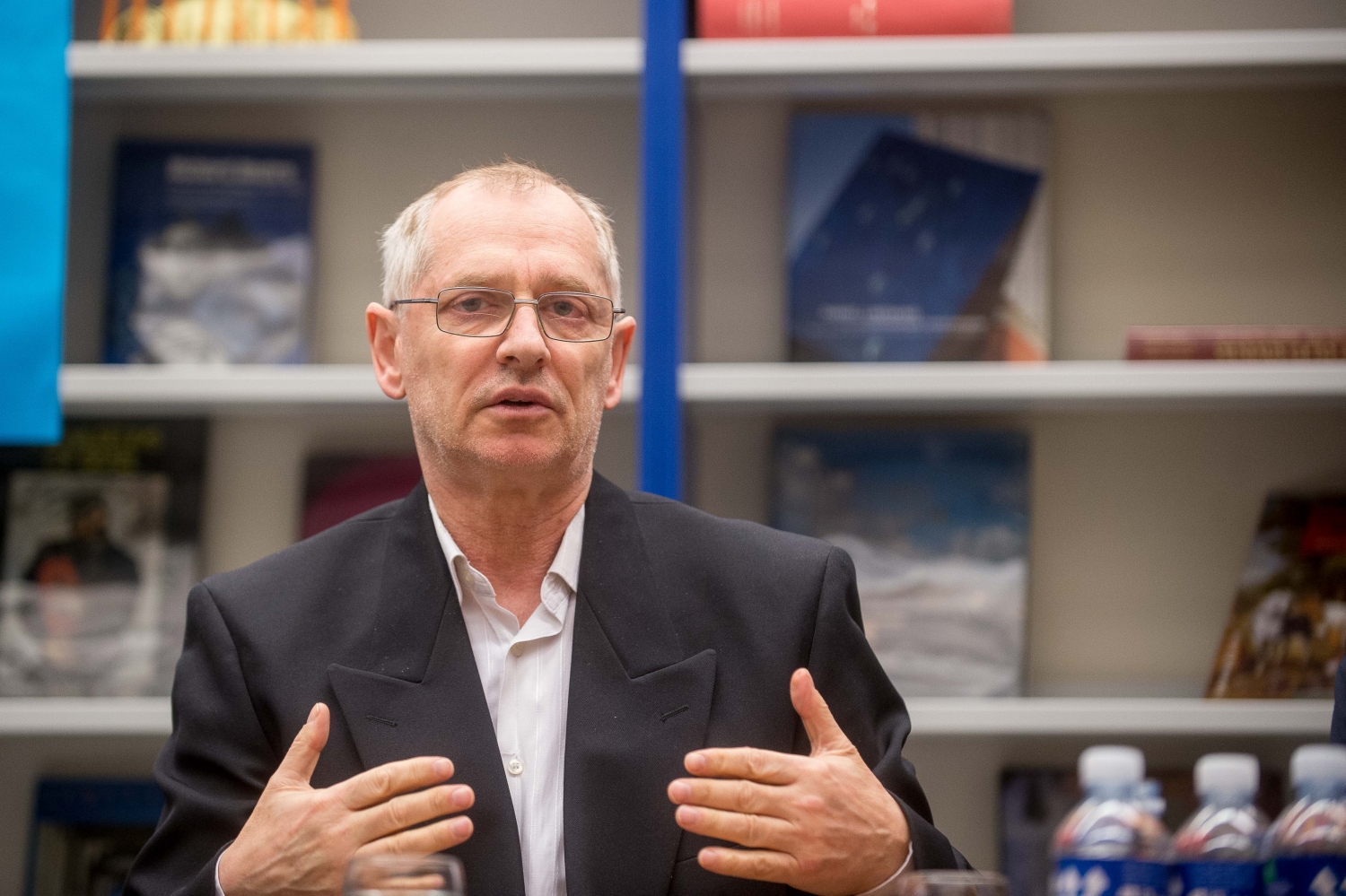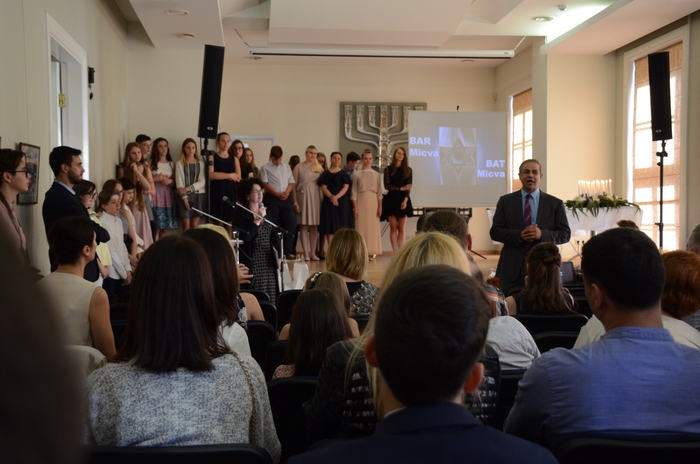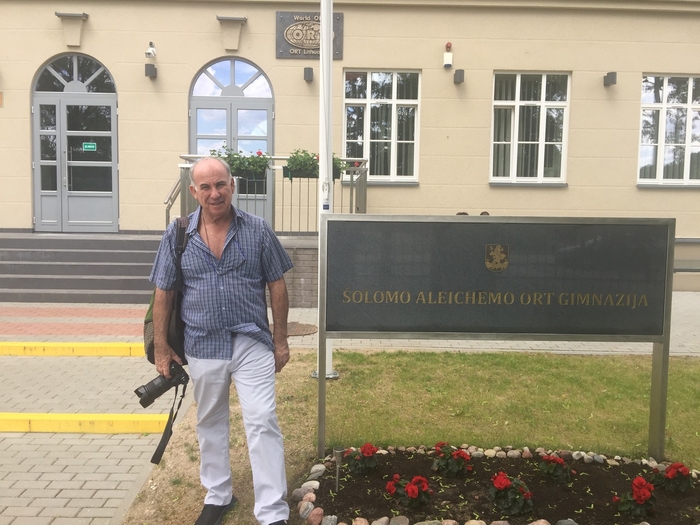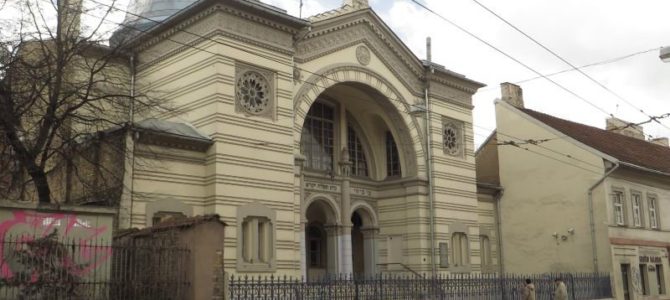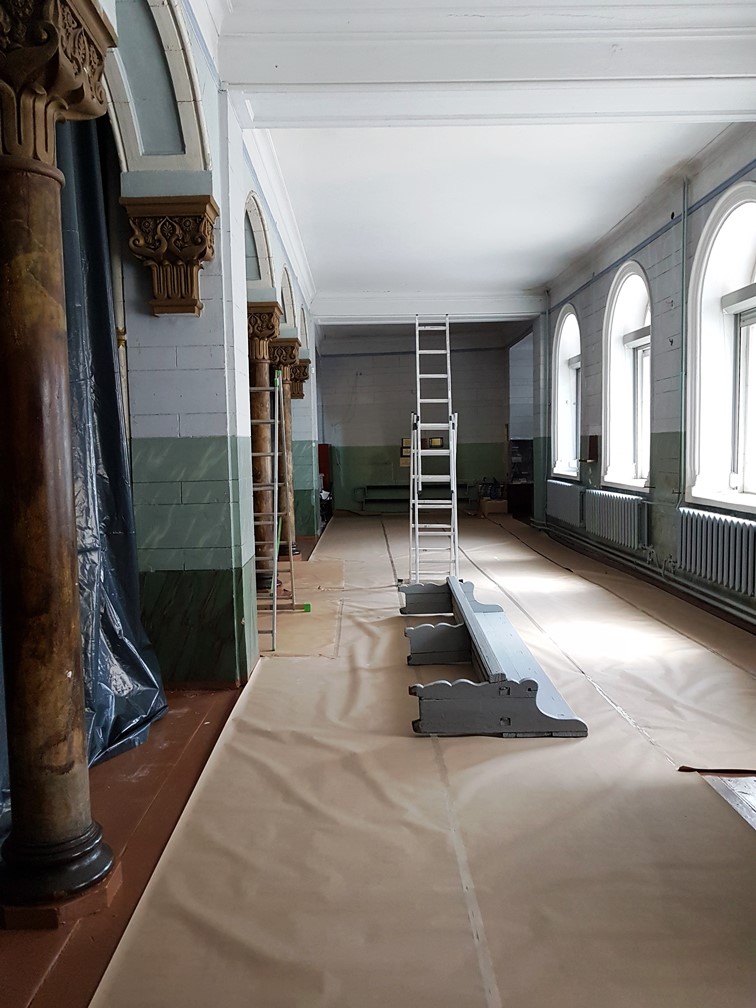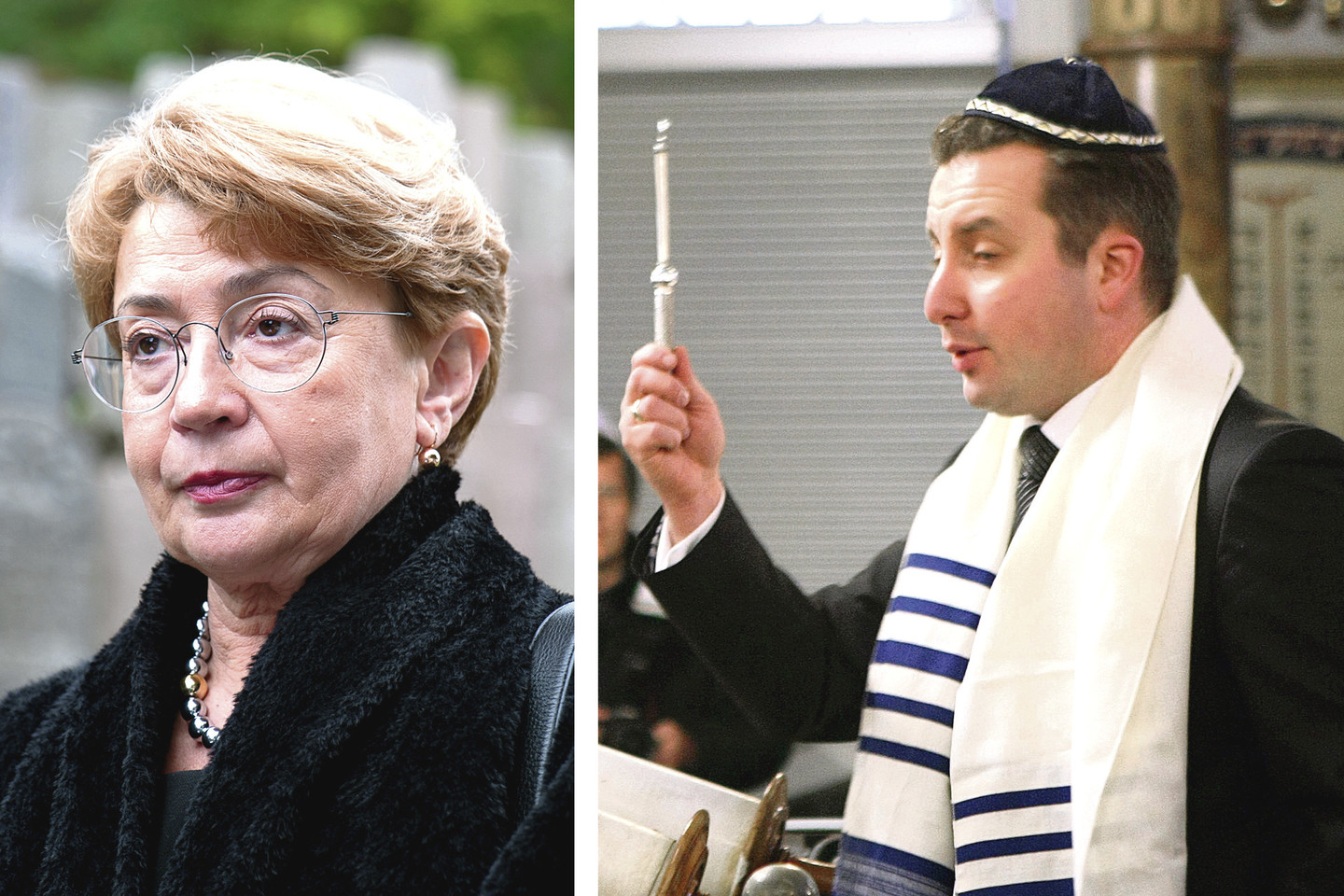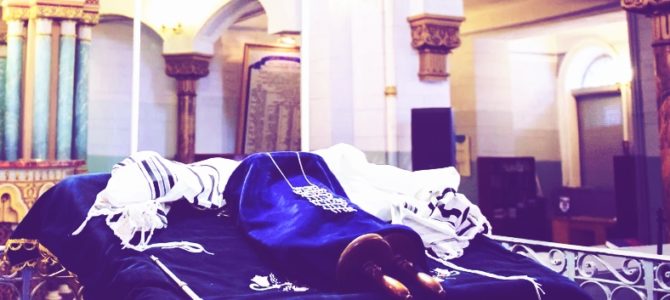
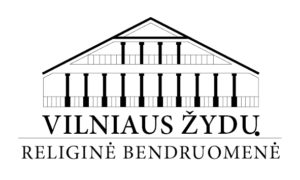
The Vilnius Jewish Religious Community in great concern categorically stands against any plans to build new buildings on the remains of the foundations of the Great Synagogue of Vilnius.
The Great Synagogue of Vilnius was and is the holiest site for Lithuanian Jews. We consider any plans calling for new buildings to commemorate the supposedly non-extant temple blasphemy and the appearance of new buildings a desecration rather than a commemoration.
We consider it an expression of total disrespect that, without asking the Vilnius Jewish Religious Community and without regard to earlier public statements against this by the Lithuanian Jewish Community, certain organizations are undertaking initiatives whose implementation would, without doubt, offend Jewish religious sentiments and bring on criticism by the followers of the Vilna Gaon around the world. We hope organizations which are attempting to initiate construction projects at the Great Synagogue site will take into account the request made by the Vilnius Jewish Religious Community and give up the plans they have announced.
The Great Synagogue of Vilnius, destroyed by the Nazis and the Soviets, or more accurately its remains which are still being investigated by archaeologists, should be left in peace. At the same time, we note there is an abundance of heritage sites in Vilnius and throughout Lithuania which truly need greater attention.
The Vilnius Choral Synagogue, for example, needs greater attention. It still has no ritual bath or mikveh, and needs authentic restoration of its interior.
If something must be changed at the Great Synagogue site, we suggest the sign with incorrect information be replaced, and that the statue to the Vilna Gaon which looks like some sort of caricature be removed and given to some museum in the city. With all respect to the sculptor, it was made without any understanding of Judaic tradition.
We invite those organizations which want to undertake construction at the Great Synagogue site to take into account the real and urgent actual needs of religious Jews.
The Great Synagogue of Vilnius is important as a symbol of annihilated Jewish civilization. There are less ostentation, cultured and respectful ways to mark the site where it once stood, without earth-moving equipment and construction cranes.
Shmuel (Simas) Levinas, chairman
Vilnius Jewish Religious Community
July 3, 2017
Vilnius


